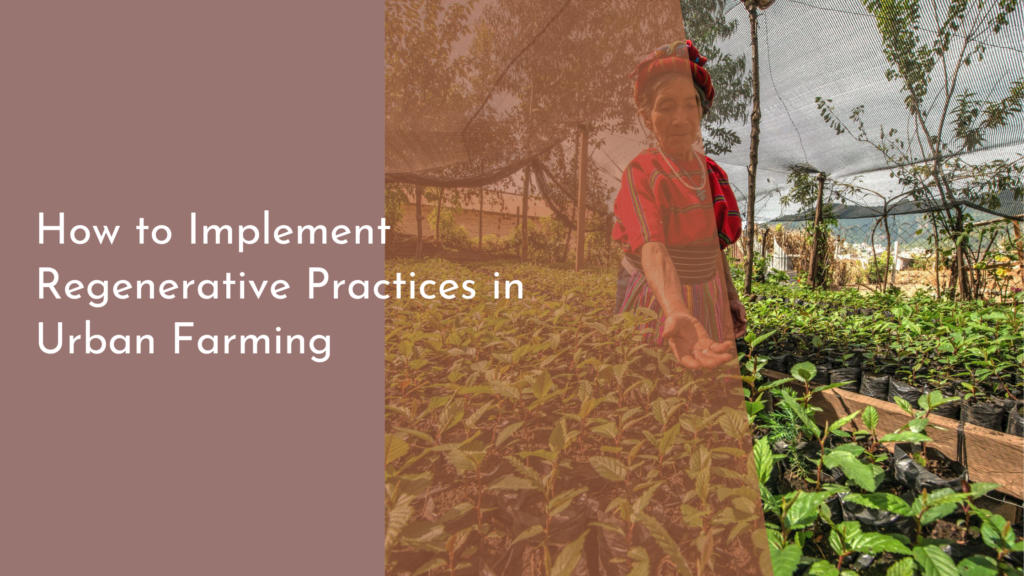Plastic Reduction Challenges and How to Overcome Them
Plastic pollution has emerged as one of the most pressing environmental challenges of our time, threatening wildlife, ecosystems, and human health. Despite growing awareness, reducing plastic use remains a complex issue due to its deep-rooted presence in modern society. This article explores the challenges of plastic reduction and offers viable strategies to overcome them, guiding us towards a more sustainable and plastic-free future.
Understanding the Scope of Plastic Pollution
Plastic pollution is a global crisis affecting land, waterways, and oceans. An estimated 300 million tons of plastic are produced each year, yet only a small fraction is recycled. This results in millions of tons of plastic waste entering our oceans annually, where it harms marine life and contributes to the degradation of natural habitats. The problem extends beyond visible waste, as microplastics have now been detected in the food we eat and the air we breathe, with potential long-term impacts on human health.
The pervasive nature of plastic pollution arises from its durability and versatility, making it a preferred material for countless products and industries. From packaging and textiles to electronics and construction, plastic has become essential to our daily lives. Understanding the full scope of plastic pollution is crucial for devising effective reduction strategies, as it highlights the multifaceted nature of the issue and the need for comprehensive solutions that address production, consumption, and waste management.
Identifying Common Hurdles in Reducing Plastic
One of the primary challenges in reducing plastic use is its economic appeal. Plastic is inexpensive to produce and offers unmatched convenience, making it a staple for businesses and consumers alike. This economic advantage creates resistance to change, as alternatives are often perceived as costlier or less practical. Additionally, industries reliant on plastic may face significant disruption, further complicating efforts to transition towards sustainable materials.
Another major hurdle is the lack of widespread consumer awareness and engagement. Many people remain unaware of the environmental impact of their plastic use or see it as someone else’s problem. Moreover, ingrained habits and limited access to sustainable alternatives can deter individuals from making changes. Education and outreach efforts are needed to shift consumer behavior and create a collective drive toward reducing plastic reliance.
Innovative Solutions and Practical Strategies
Recent innovations present promising avenues for tackling plastic pollution. Biodegradable plastics and plant-based materials are gaining traction as alternatives to traditional petroleum-based plastics, offering similar functionalities with reduced environmental impact. Businesses are also exploring closed-loop systems and circular economy models to minimize waste and encourage recycling, transforming plastic from a pollutant to a resource.
On a practical level, individuals and communities can adopt simple but effective strategies to reduce plastic use. This includes using reusable bags, bottles, and containers, supporting businesses with sustainable practices, and advocating for policy changes that incentivize reduction and recycling. By making conscious choices in daily life, everyone can contribute to a broader cultural shift towards sustainability, fostering an environment where plastic reduction becomes the norm rather than the exception.
Embracing a Plastic-Free Future with Optimism
While the path to a plastic-free future is fraught with challenges, there is a growing sense of optimism as more stakeholders join the cause. Governments, businesses, and individuals worldwide are increasingly prioritizing sustainability, driven by the urgency of the plastic crisis and the potential for positive change. Collaborative efforts, such as international agreements and community-led initiatives, are laying the groundwork for a significant reduction in plastic use.
As we strive for a world with less plastic, it’s essential to maintain a hopeful outlook. Every step towards reducing plastic is a step towards a healthier planet, and the collective impact of individual actions can be profound. Embracing innovation, supporting education, and advocating for systemic change are key components of this optimistic vision, paving the way for a future where the environment is respected and cherished.
The challenge of reducing plastic pollution is daunting, yet it is not insurmountable. By understanding the complexities of the issue and embracing innovative solutions, we can collectively work towards a sustainable future. Through education, policy change, and individual action, the dream of a plastic-free world can become a reality. As we continue to face environmental challenges, let us do so with optimism, knowing that every effort counts towards preserving our planet for future generations.

